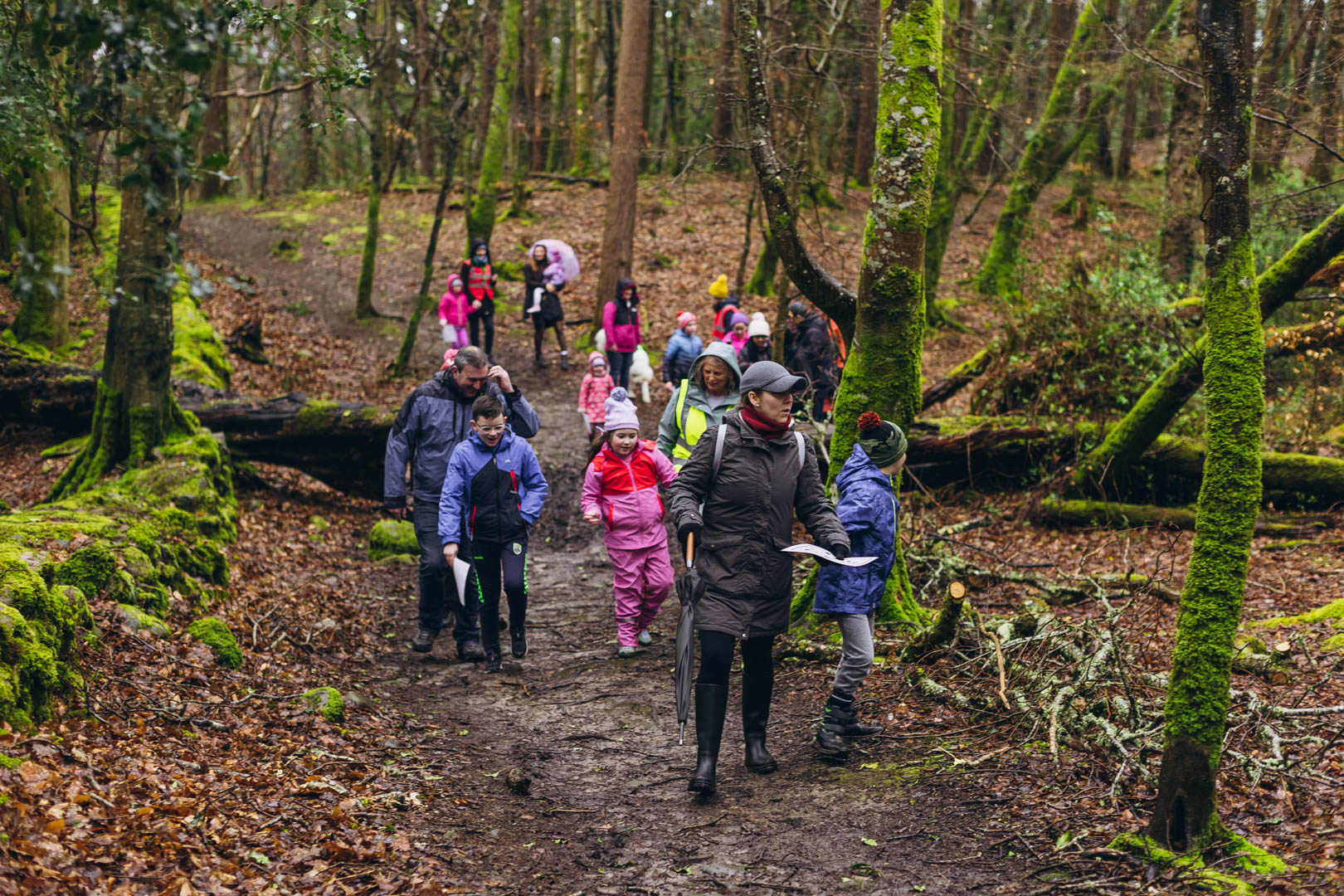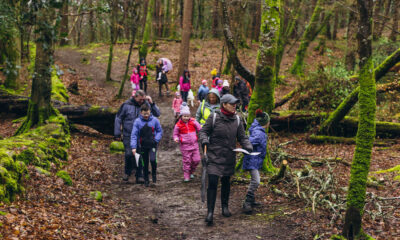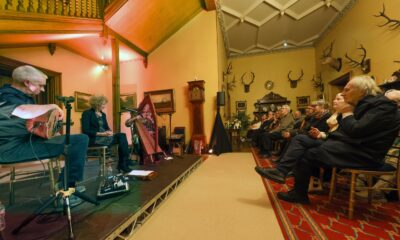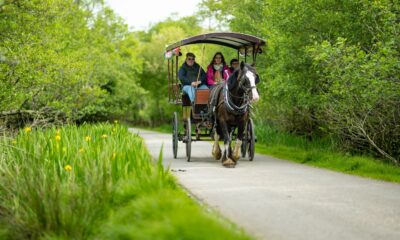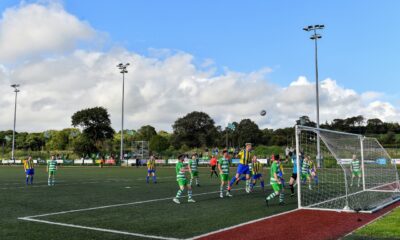News
Talk on new Fair Deal legislation in Killarney next Tuesday

What do you know about the Fair Deal Assisted Decision-making Capacity Act?
This new legislation which finally enacted last April.
It is aim is to provide a fair deal for our elderly who may not be able to look after themselves as they get older, through age or illness.
Hearbeat Killarney has invited Patrick Barrett Barrister-in-La to explain what all this means from a legal point of view.
The purpose of Mr Barrett’s discussion is to promote an understanding of the new legislation.
The Assisted Decision-making Capacity Act is designed to replace the outdated mechanisms for assisted decision making and wardship.
The Act itself sets out various safeguards for those who have capacity, who fear they will lose capacity, and those who have no capacity whatsoever to govern their own affairs.
For those worried about how to manage their personal affairs (such a finances, health, or living arrangements) or those of loved ones when faced with an ability to make decisions, the subject matter will be informative.
This law is about rights, and taking every possible step to assist people to continue making their own decisions about their health, finances, housing, work or personal welfare even if challenges are to be faced in doing so. This Act is of great importance for people with frailty, - dementia – an acquired brain injury – or mental illness. It could however be very important to all of us at certain times in our lives.
If both parents are alive, get them to dissolve any joint bank account and set up separate ones, with pension payments and any allowances going into the respective account. Any Care Package fees can be taken from the correct account, allowing the dementia patient to be means-tested more effectively.
Five key points will be discussed
If one parent is acting as carer, set up a standing order to pay a sum [exactly half of what is going into the other account] from one account into the other to cover h/hold bills so that the carer has enough money to manage their own life.
Ask a solicitor to arrange for TWO enduring power of attorney (EPA) certificates [a rough cost estimate is €500 for both ] to cover finance and health. This can only be set up while the parent “has mental capacity” so sooner is better than later. It enables one parent to make decisions on the others behalf. ** (see note at end)
Ask parent to set out their wishes with regard to care; will they be okay with going into a care home if needs be? Also cover funeral wishes and end of life care. Get all these answers typed up – make sure they understand it and date it and ask them to sign it. This brings clarity to their wishes while still of sound mind.
Talk about a PEACE PLAN = proactive enhanced advanced care. This is an anticipatory end-of-life care plan for those with dementia who no longer have capacity to make those kind of decisions for themselves. It helps care professionals deliver the care your parent wants in the last phases of life.
5 Check whether any household accounts eg broadband / utilities are in the affected person’s name and change them [this may require the householder’s signature]
The talk will take place at the Parish Hall on Park Road at 9pm on July 25.

